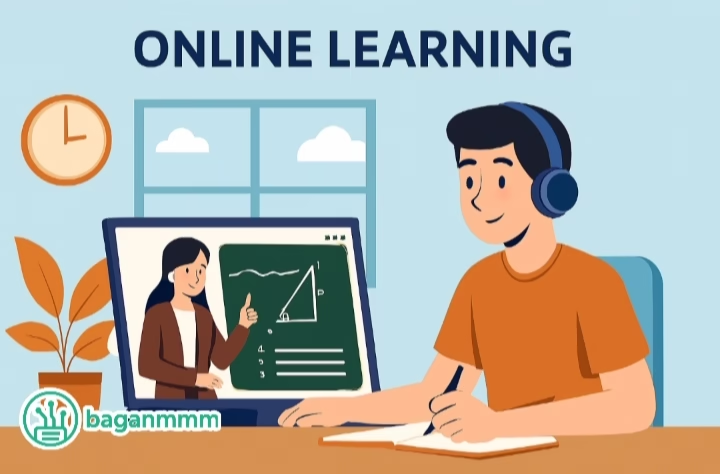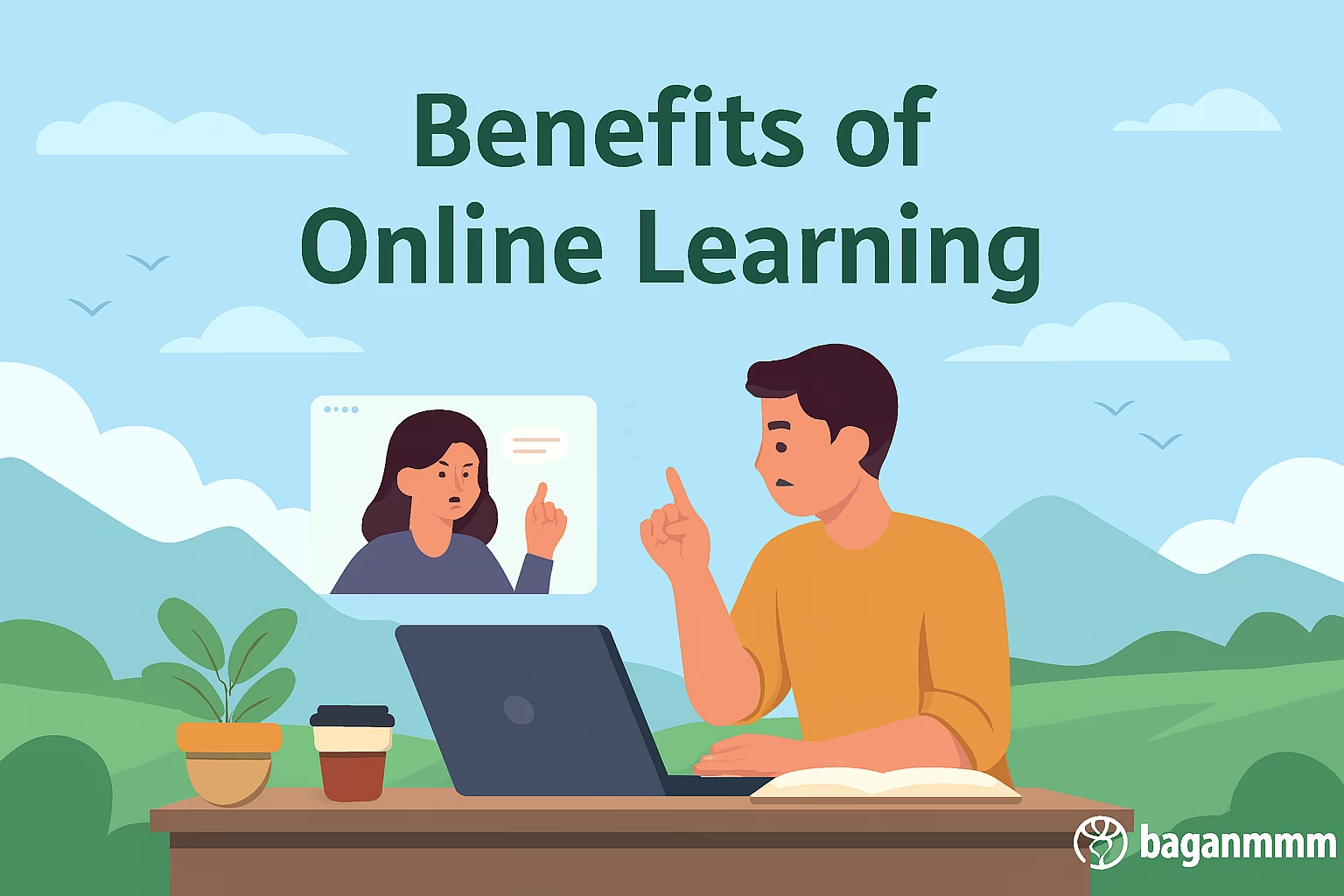In today’s digital age, online learning is extremely important. In this blog, I want to share the learning roadmap I personally went through, along with some advice for juniors. When it comes to learning, you can separate it into online and offline depending on your current situation.

For example, if you are already a junior‑level or senior‑level developer, you can continue your learning through online resources. However, if you are just a starter, it’s better to begin your learning offline. Since you don’t yet understand programming logic or the fundamentals of web development, you should spend time learning thoroughly with a teacher. Gain experience together with them and build projects under guidance.
There are differences between online and offline learning. Online learning saves time and allows you to focus on the specific areas you want to study, making it more efficient. That’s why online learning is very convenient for senior‑level developers. Offline learning, on the other hand, is more effective for starters because you can directly interact with a teacher.
In this blog, I will explain the key points you need to prepare for online learning and the benefits it offers, especially for junior and senior developers.
1. Preparing for Online Learning
a. Define Your Goal Clearly
- Decide whether you want to focus on front‑end (UI/UX, HTML, CSS, JavaScript), back‑end (databases, APIs, server logic), or full‑stack (both).
- Write down a 3–6 month learning objective, e.g., “Build and deploy a personal portfolio website” or “Learn React and Node.js to qualify for junior developer roles.”
b. Set Up Your Environment
- Hardware: A laptop/desktop with at least 8GB RAM and a modern browser.
- Software: Install VS Code, Git, Node.js, and a package manager (npm or yarn).
- Workspace: Quiet, distraction‑free space with good lighting.
c. Choose the Right Platform
- Beginner: FreeCodeCamp, Codecademy, The Odin Project.
- Intermediate: Udemy, Coursera, Scrimba.
- Advanced: Frontend Masters, Pluralsight.
- Compare course reviews, instructor credibility, and project‑based learning.
d. Plan Your Schedule
- Block 1–2 hours daily or 10–12 hours weekly.
- Use the Pomodoro technique (25 min focus, 5 min break).
- Track progress with Trello, Notion, or a simple Google Sheet.
2. Benefits of Online Learning

a. Flexibility
Learn at your own pace, pause/replay lessons, and fit study around work or family.
b. Up‑to‑Date Content
- Courses update quickly when frameworks change (e.g., React hooks, Next.js).
- Blogs and YouTube tutorials fill gaps between official docs.
c. Hands‑On Practice
- Interactive coding platforms (CodePen, Replit) let you test instantly.
- Many courses include capstone projects you can showcase.
d. Global Community
- Join Discord servers, Reddit groups, or Stack Overflow discussions.
- Pair‑program with peers or join open‑source projects.
e. Cost‑Effective
Free resources (MDN Web Docs, W3Schools) + affordable courses ($10–$50) vs. bootcamps ($5,000+).
3. Maximizing the Benefits
a. Build Real Projects
- Start small: to‑do app, weather app, blog CMS.
- Scale up: e‑commerce site, chat app, portfolio with authentication.
- Deploy on Netlify, Vercel, or GitHub Pages to show employers.
b. Document Your Learning
- Keep a learning journal (Notion, Obsidian, or Medium blog).
- Post weekly updates on LinkedIn or Twitter/X.
- Write READMEs for every GitHub repo.
c. Seek Feedback
- Share projects in dev communities.
- Ask for code reviews on GitHub.
- Join hackathons or coding challenges (LeetCode, HackerRank).
d. Stay Consistent
- Treat learning like a job — schedule it.
- Reward yourself after milestones (finishing a module, shipping a project).
- Avoid “tutorial hell” by applying knowledge immediately.
4. Long‑Term Payoff
a. Build a Portfolio
- Showcase 3–5 polished projects.
- Include screenshots, live demo links, and GitHub repos.
b. Gain Interview Confidence
- Practice coding challenges daily.
- Be ready to explain your projects and decision‑making process.
c. Stay Adaptable
- Once you master one stack, explore others (e.g., after React, try Vue or Angular).
- Learn DevOps basics (CI/CD, Docker) to stand out.
d. Career Opportunities
- Freelance on platforms like Upwork or Fiverr.
- Apply for internships or junior developer roles.
- Contribute to open‑source projects to build credibility.
Final Thoughts
These are the benefits of online learning as far as I know. Senior developers may have even better personal learning strategies of their own. This blog is intended for juniors, as well as for senior developers who are too busy with work and unsure how to advance their careers. If you know of learning strategies that are even better than the online learning approaches I’ve shared here, please feel free to share them.
Alice is the visionary behind Baganmmm Tech, a platform he founded with a passion for demystifying the complex world of technology. As the Lead Technologist, he's often found in his home lab – a cozy, wire-filled sanctuary where ideas are born and code is meticulously crafted. His infectious enthusiasm and knack for explaining intricate concepts make him the go-to expert for everything from web development to emerging tech trends.
